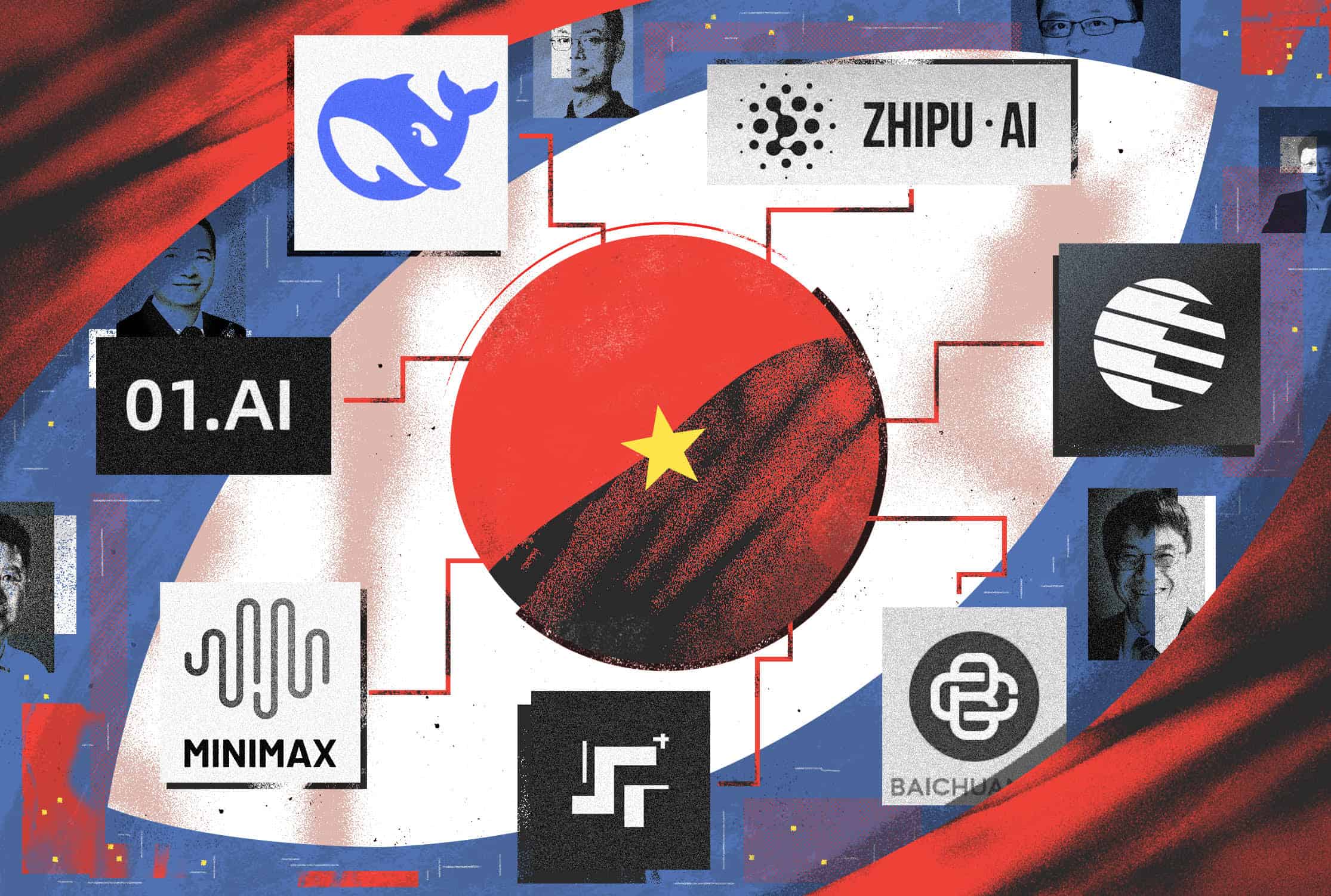A podcast about the turbulent relationship between the world's two superpowers, the two men in charge, and the vital issues that affect us all.
In the second season, host Jane Perlez and celebrated China historian Rana Mitter talk to guests about Trump and Xi; TikTok; AI; Hollywood; women's rights; EVs and more.


